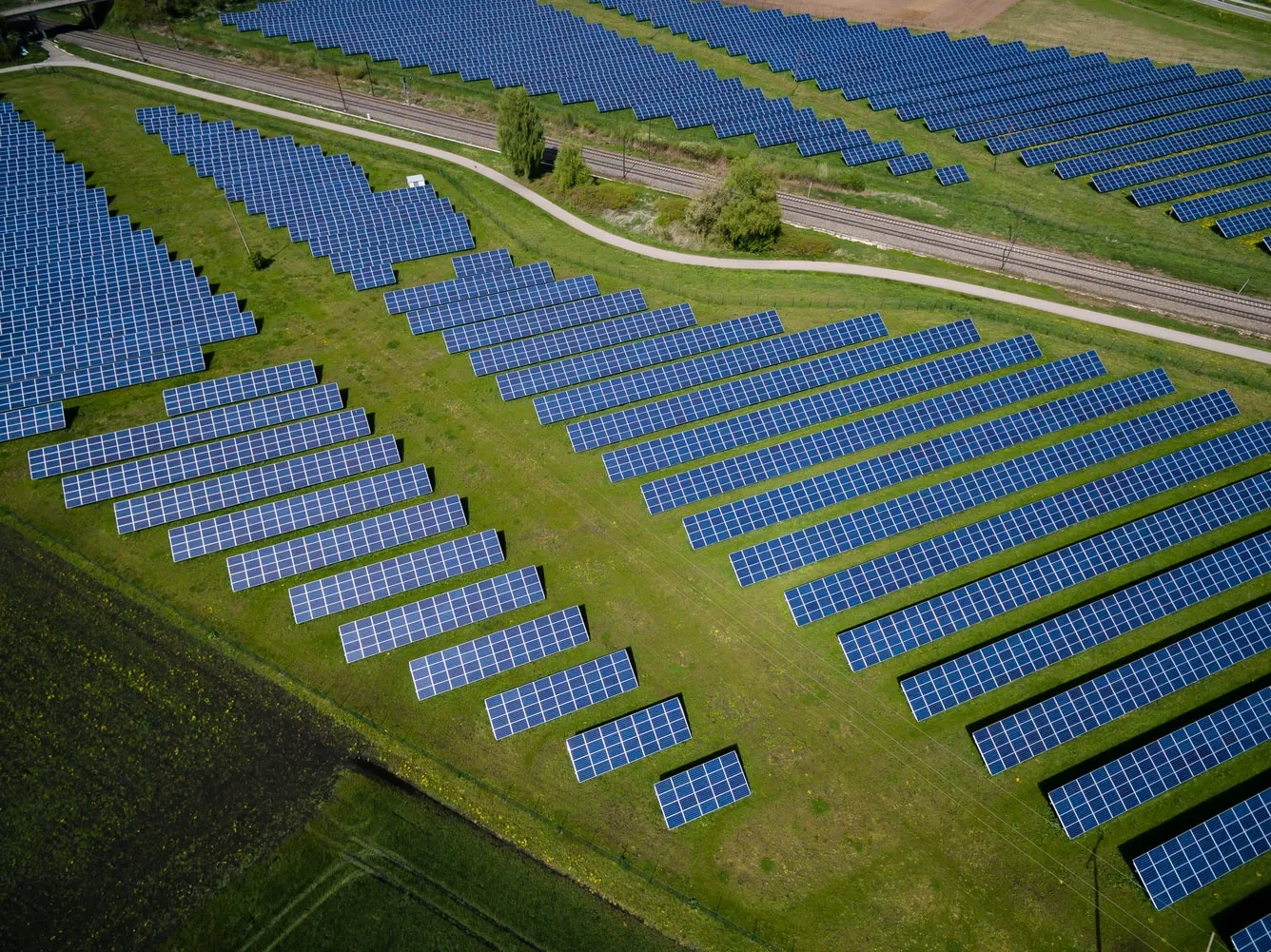Counting the Cost (and Value) for Electricity Consumers
After negotiations between two large parties, a few small parties, many independents and rotating Taoisigh, the draft programme for Government was published earlier this month. While this document outlines the intention of the newly formed Government, it is clear that the cost of electricity will be a key focus area for the incoming administration. In this article, EAI reflects on aspects of the Programme for Government which will affect both domestic and industrial customers.
Analysing the Components of a Customer’s Bill
The draft programme commits to an independent review into the speed and level of passthrough from wholesale prices to retail prices as well as an exploration of new funding models for the Renewable Electricity Support Scheme and the Public Service Obligation (PSO) levy. The EAI is supportive of these reviews and will be advocating for a review that also analyses the regulatory costs that form a substantial part of customer bills.
A 2017 CRU report into Supplier costs illustrated that over 50% of the final electricity price is a result of network charges, taxes, obligatory costs and the PSO. These costs are not decided by Suppliers and are instead the direct result of public policy decisions.
In order to meet the challenge of transitioning to a renewables dominated energy system, Ireland has and will continue to invest in the infrastructure that will make this transition happen. Inevitably this is leading to increased charges on the consumer bill. The key to any review will be balancing the value that electrification of our society brings in terms of efficiency, environment and carbon reduction with the affordability of electricity in the short to medium term. EAI believes that electrifying more aspects of our economy will lead to these network costs being spread over a wider base. Nevertheless, what we pay for, how we pay for it and who should pay will be key questions for the incoming Government.
Supporting Vulnerable Consumers
While the draft programme makes limited reference to energy poverty, EAI believes that there is a significant opportunity for this Government to support those customers who are experiencing energy poverty with targeted interventions. One of these interventions identified by the EAI is the credit option of the Household Benefits Package this option directly reduced the electricity bill for customers over 70; however, its application and scope is currently limited. This critical framework is currently up for review by the Department of Social Protection and the EAI believes that this targeted credit option should be maintained and expanded so that all electricity and gas Suppliers can administer it to their customers.
EAI believes that this action is a quick win for any new Minister for Social Protection to progress a socially just transition action whilst protecting the most vulnerable in society.
Promoting Industrial Electrification
Promoting a competitive and robust industrial sector is a priority for this new Government, particularly in the current geopolitical landscape. EAI welcomes the commitments to develop a targeted roadmap to help manufacturers transition to low-carbon heating solutions in their production processes and mirrors our recently published electrification paper available here. In this paper, we illustrate that there is significant potential for many parts of the Irish industrial sector to electrify their means of production.
Not only would such a transition deliver carbon reductions, it would also distribute the current costs of running the electricity system across a wider base of consumers. Such distribution could potentially reduce these charges on all consumers.
In conclusion, as with any fresh start, the newly formed Government has reprioritised its agenda. EAI believes that an electrified future is critical to delivering our climate targets. Getting there will be complicated, however, with the right supports and the appropriate policy direction, Ireland can achieve our ambition in a way that is socially just and grows our economy.

